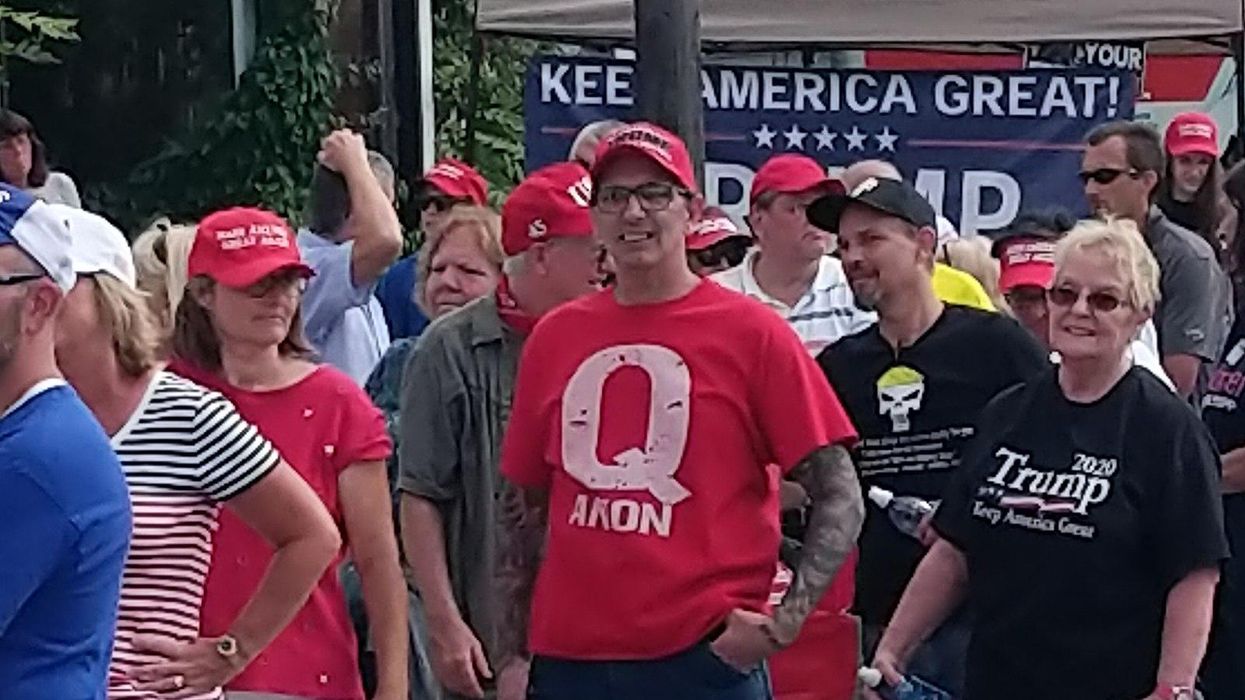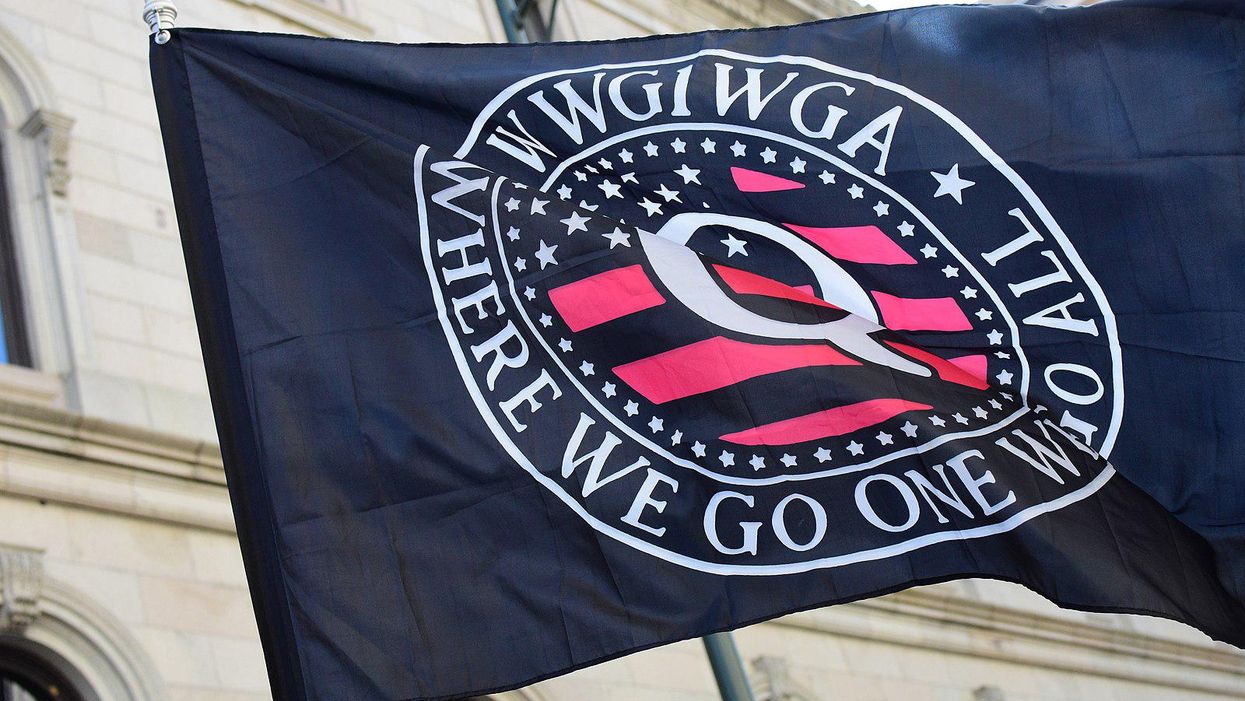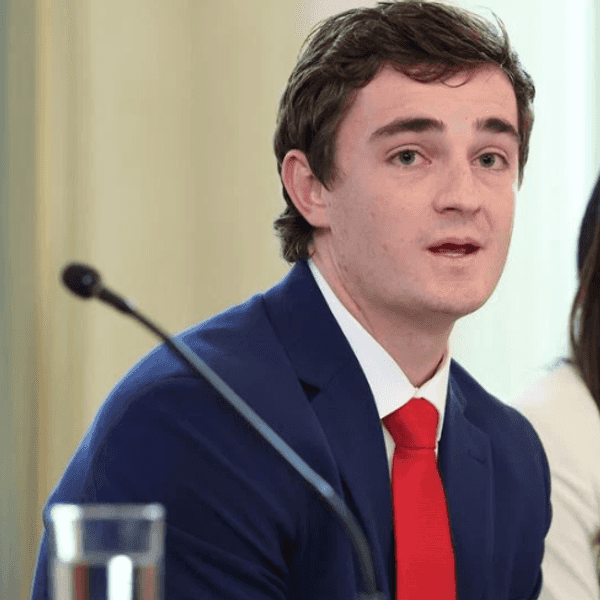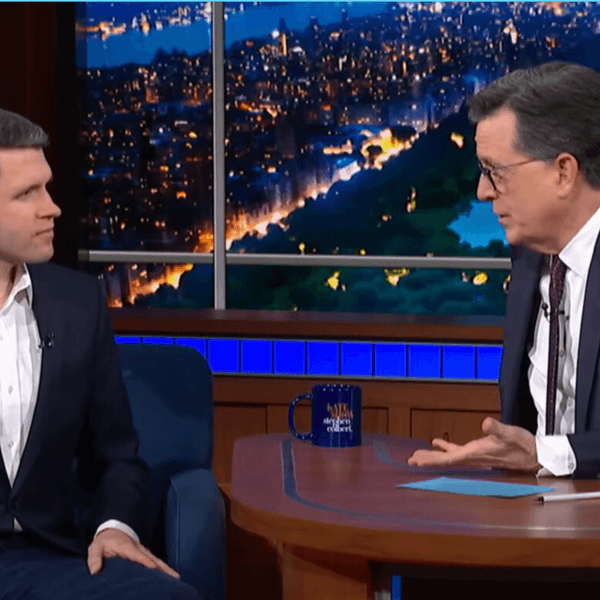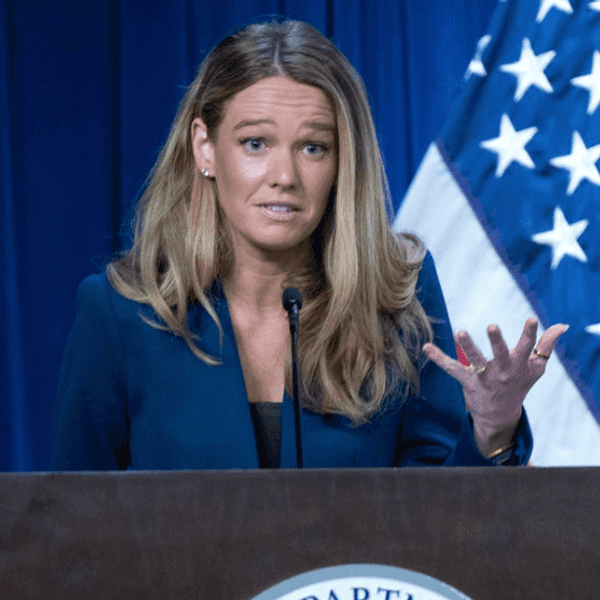Poll Shows Devout Evangelicals More Likely To Join QAnon Cult
Reprinted with permission from Alternet
Although QAnon isn't a religious movement per se, the far-right conspiracy theorists have enjoyed some of their strongest support from white evangelicals — who share their adoration of former President Donald Trump. And polling research from The Economist and YouGov shows that among those who are religious, White evangelicals are the most QAnon-friendly.
The Economist explains, "One prominent theory is that Americans who have no religious affiliation find themselves attracted to other causes, such as the Q craze. Another, posited by Ben Sasse, a Republican senator from Nebraska, is that modern strains of Christian evangelicalism which 'run on dopey apocalypse-mongering' do not entirely satisfy all worshippers — and so, they go on to find community and salvation in other groups, such as QAnon. Using The Economist's polling with YouGov, an online pollster, we can test both of these theories."
Sasse's willingness to call out "dopey apocalypse-mongering" among some white evangelicals shouldn't be taken as a criticism of religion in general. The conservative Nebraska Republican draws a distinction between extremists and non-extremists within Christianity. And the Economist/YouGov poll underscores the fact that among Christians, one finds a variety of opinions where QAnon is concerned.
"From July 10 to July 13, 2021, YouGov asked Americans their racial and religious affiliations, whether they thought of QAnon favorably or unfavorably and whether they believed in a variety of popular conspiracy theories," The Economist notes. "Those theories included old stand-bys, such as whether the moon landing in 1969 was faked."
The Economist continues: "According to YouGov's recent polling, which we combined with an earlier survey from March to obtain a larger sample size, Americans who attend church the least are also the least likely to have a favorable view of QAnon. Among those who say they 'never' go to church, just nine percent who have heard of the QAnon conspiracy view it favorably. Fully 92 percent of these respondents view it unfavorably — a net favorability of minus 83 percentage points."
According to The Economist, "The rating among people who attend church the most — once a month or more — is minus 52 points."
"We ran a statistical model to control for potential links between attitudes towards QAnon and other demographics — such as race, age, gender, education, party affiliation and vote choice in 2020," The Economist notes. "Our model confirmed that the relationship between church attendance and QAnon was not a statistical fluke: adults who attended church at least once a month were eight percentage points more likely than we predicted to rate QAnon favorably."
The Economist didn't find that QAnon is universally loved within Christianity by any means, but it did find that among Christians, white evangelicals are the most likely to be QAnon-friendly.
"White evangelicals, the most religiously devout group among those surveyed by YouGov, are particularly susceptible to supporting QAnon and believing other conspiracy theories," The Economist reports. "They also tend to attend church frequently. Twenty-two percent of evangelicals who know about QAnon view it favorably, according to YouGov's numbers — compared with 11 percent among the rest of the adult population. At the other end of the spectrum, 24 percent of evangelicals rate QAnon as 'very unfavorable,' compared with 58 percent among other people."
QAnon believes that the U.S. government has been infiltrated by an international cabal of child sex traffickers, pedophiles, Satanists and cannibals and that Trump was elected president in 2016 to fight the cabal. And as extreme as QAnon's beliefs are, some of their supporters are serving in Congress. Republican QAnon supporters who have been elected to the U.S. House of Representatives include Rep. Marjorie Taylor Greene of Georgia and Rep. Lauren Boebert of Colorado — and Michael Flynn, who briefly served as national security adviser under Trump in 2017, was a featured speaker at a QAnon event in Dallas.
Among white evangelicals, The Economist observes, a fondness for conspiracy theories isn't limited to those promoted by QAnon.
"White evangelicals are 34 percentage points more likely than other Americans to believe that 'millions of illegal votes' were cast in the 2020 election," according to The Economist. "These adults also tend to be more conservative, and vote for Republican politicians more often than non-whites and members of other religious groups do. Evangelicals are influenced by the official party line on issues of the day — even if they are conspiratorial. And adoption of one wild theory, perhaps made more persuasive by a politician's avowals, tends to lead to the adoption of others."

